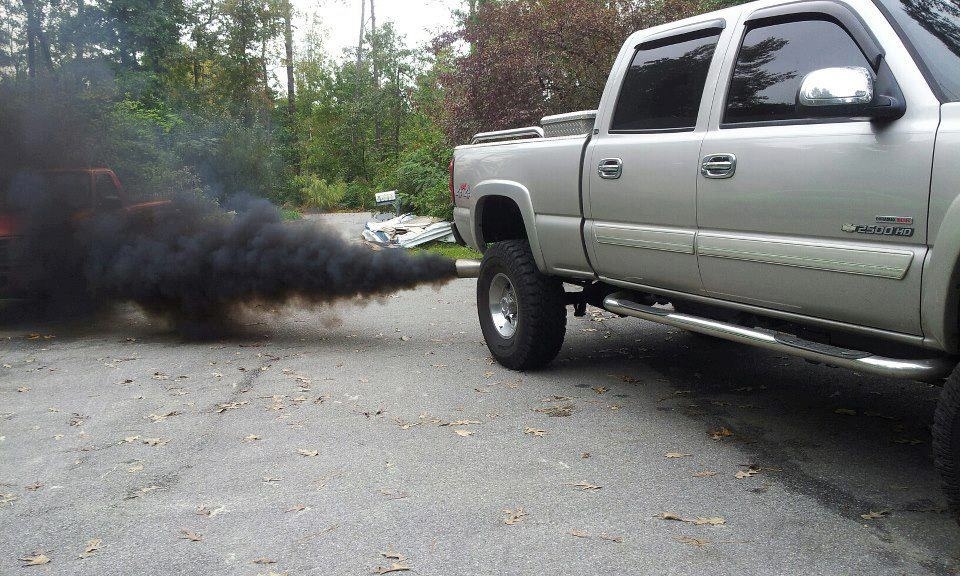Four major cities will ban diesels by 2025
 |
| We can't rid the world of 'dirty diesels' fast enough. We have all sat behind one in traffic and know how bad they are. |
Meeting in Mexico City this week at the C40 Mayors Summit, the heads of four major world cities have committed to phasing out diesel-engined cars in their cities by the year 2025. The mayors of Paris, Madrid, Mexico City and Athens will focus on promoting vehicles powered by alternative fuels, in addition to increasing public transportation's reliance on renewable energy sources.
The commitment by the mayors of four cities, representing over 42 million people, comes at a crossroads for diesel fuel in private passenger cars. While Volkswagen has recently confirmed that it will no longer offer diesel models in the U.S., other automakers such as Jaguar-Land Rover are investing heavily in diesel technology. Other automakers are also eyeing diesel's potential in hybrid powertrains, even though the general flow of the automotive industry is toward electric cars.
The resolution to ban diesel cars in these four metro areas also comes amid an uncertain time for global commitments to climate, with cities instead of countries taking steps to curb pollution absent political will on a national level. The governments of cities, instead of states, are viewed as the most promising early adopters and champions of environmental policy and regulations due to easier implementation than on a nationwide level, which often lacks regional unity on these issues. A number of cities have implemented congestion charging, banned trucks from city centers and tried to control pollution by permitting only certain cars (based on license plates) to enter urban areas or city borders.
"It is no secret that in Mexico City, we grapple with the twin problems of air pollution and traffic," said Miguel Angel Mancera, mayor of Mexico City, "By expanding alternative transportation options like our Bus Rapid Transport and subway systems, while also investing in cycling infrastructure, we are working to ease congestion in our roadways and our lungs."
Paris made the news recently by moving to ban cars made before 1997 from the center of the city, in an action praised by environmental activitists but criticized by some for discriminating against the owners of older daily drivers. Paris' example is being closely watched by other European capitals struggling with air pollution and congestion. Political leaders in other western European cities have indicated that if the Paris ban turns out to be a success they may follow suit.
"Mayors have already stood up to say that the climate change is one of the greatest challenges we face," said Paris mayor Anne Hidalgo. "Today, we also stand up to say we no longer tolerate air pollution and the health problems and deaths it causes – particularly for our most vulnerable citizens. Big problems like air pollution require bold action, and we call on car and bus manufacturers to join us." AutoWeek
